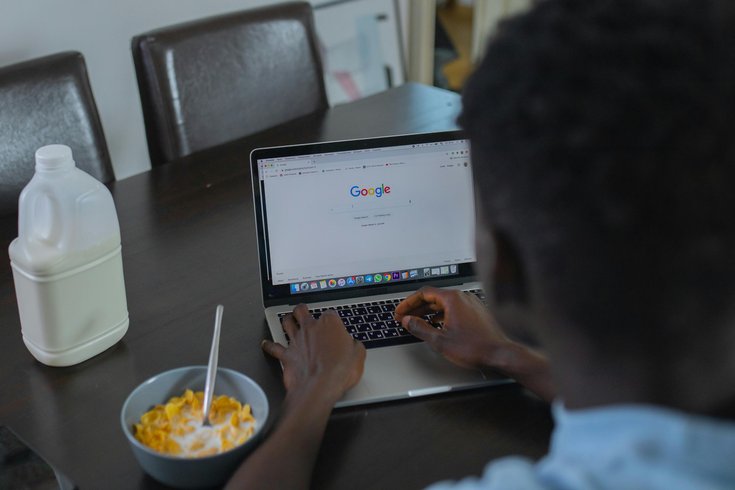
July 14, 2025
 cottonbro studio/Pexels
cottonbro studio/Pexels
When searching for health care information online, most Americans say they find AI-generated responses to be at least 'sometimes' helpful.
Americans are becoming more comfortable with artificial intelligence being used to diagnose their health conditions and to answer questions about their symptoms, new research shows.
Nearly 8 of 10 U.S. adults say they're likely to search online to find answers about their health conditions, according to a survey conducted by the University of Pennsylvania's Annenberg Public Policy Center. With Google and Bing now including AI-generated responses at the top of their search results, many people are scanning that information.
Most people find those AI-generated responses helpful to some degree, with 45% saying they "sometimes" provide them answers, and 31% saying they give them answers "often or more." Though 55% found AI-generated health information to be "somewhat" reliable, and 8% found it to be "very" reliable, another 25% said it is generally unreliable or not reliable at all.
Medical experts have cautioned patients against putting too much stock into AI platforms, because they're not always updated in real time and can contain outdated information.
"Despite the disclaimers that accompany some AI-generated summaries, there is potential for confusion and even harm among vulnerable individuals if they are not aware that these responses are not a substitute for the personalized expert health guidance that their health care provider can offer," Kathleen Hall Jamieson, director of the Annenberg Public Policy Center, said in a statement.
Search engines, like Google and Bing, are the most common source of online health information. More than 7 in 10 people said they at least occasionally use these search engines for health information. The next most common online sources are websites like WebMD and healthline.com (48%) followed by large research facilities like the Mayor Clinic and Cleveland Clinic (44%) and nonprofits like the American Cancer Society and the American Diabetes Association (37%). Only 35% said they use governmental resources like the Centers for Disease Control and Prevention, National Institutes of Health and Food and Drug Administration.
Though people commonly search for health information online, they don't always bring their concerns to doctors and nurses. Only 12% of respondents said they often talk to providers about the information they saw online, and 36% said they rarely or never do so.
Despite their own use of AI, 48% said they're not comfortable with health care providers using AI tools in lieu of their own experiences for decisions about patient care. But 36% said they feel some level of comfort when providers take advantage of AI tools to answer health care questions outside of their own experiences.
AI has slowly crept into health care in recent years, from aiding cancer diagnosis with mammograms to using algorithms to screen for potential opioid abuse to exploring how chatbots can help treat patients with anxiety and depression. However, the World Health Organization said in January 2024 that the technology needs more regulation to protect patients. A few months later, a number of health care providers, including Penn Medicine and Independence Blue Cross, pledged to follow five commitments for safe use of AI in medical practices released by former President Joe Biden.
The Annenberg survey was conducted in April and included more than 1,600 U.S. adults.